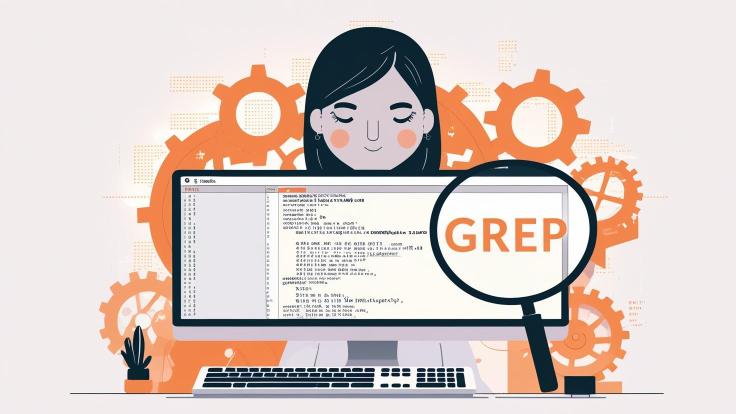How to Push and Pull Projects Between Git Repositories and Local Projects | GIT | GitHub| GitLab
- Posted on December 19, 2024
- Github
- By MmantraTech
- 602 Views
Hi Guys. In this blog, I’ll explain all the essential commands you need to push and pull projects between a Git repository and your local project. I’ll keep it simple and easy to follow.
What is Git?
Git is a version control system that helps you track changes in your project files. It allows you to collaborate with others and sync your work between your computer (local) and an online repository (remote).
Getting Started with Git
Before you can push or pull a project, make sure:
1. Git is installed on your computer.
2. You have an account on a platform like GitHub, GitLab, or Bitbucket.
3. You’ve created a remote repository for your project.
To check if Git is installed, type this command in your terminal:
git --version
If it’s not installed, you can download it from git-scm.com.
Cloning an Existing Repository
To work on a project that already exists in a remote repository, you need to clone it to your local computer:
git clone https://github.com/username/repository-name.git
Replace https://github.com/username/repository-name.git with the URL of your repository. This command will download all the files and commit history to your local machine.
Pushing a Local Project to a Remote Repository
If you have a local project that you want to upload to a remote repository, follow these steps:
Step 1: Initialize Git in Your Project
Navigate to your project folder and initialize Git:
cd /path/to/your/project
git init
Step 2: Add a Remote Repository
Connect your local project to a remote repository:
git remote add origin https://github.com/username/repository-name.git
Step 3: Add Files to the Staging Area
Include all your project files in the staging area:
git add .
The . means "add all files."
Step 4: Commit Your Changes
Record the changes you’ve added to the staging area:
git commit -m "Initial commit"
Step 5: Push to the Remote Repository
Upload your files to the remote repository:
git branch -M main
git push -u origin mainThis command sets your default branch to main and pushes the changes.
Making Changes and Pushing Updates
When you make changes to your project, follow these steps:
1. Check the Status: See which files have been modified:
2. git status or git status -s (Short View)
3. Stage the Changes: Add the changed files to the staging area:
4. git add .
5. Commit the Changes: Record your changes with a message:
6. git commit -m "Your commit message"
7. Push the Changes: Send your updates to the remote repository:
8. git push
To check all commits logs and move to specific branch and again move to main branch
git log
git checkout <commit number>
git checkout <branchname>
git checkout main
Pulling Updates from a Remote Repository
If someone else has made changes to the remote repository, you can pull those updates to your local machine:
git pull origin main
This command fetches the latest changes from the main branch and merges them with your local project.
#If you want to create new repository from command line
git init
git add README.md
git commit -m "first commit"
git branch -M main
git remote add origin https://github.com/username/Node_backend_razor_pay_apis.git
git push -u origin main#push existing
git remote add origin https://github.com/username/Node_backend_razor_pay_apis.git
git branch -M main
git push -u origin mainSummary of Git Commands
Here’s a quick reference for the commands we covered:
|
Command |
Purpose |
|
git init |
Initialize Git in your project folder. |
|
git remote add origin URL |
Link your project to a remote repository. |
|
git add . |
Stage all your files for a commit. |
|
git commit -m "message" |
Record changes in your repository. |
|
git push |
Upload your files to the remote repository. |
|
git pull origin main |
Download and merge updates from remote repo. |
|
git clone URL |
Download an existing repository. |
Final Tips
1. Always use clear and descriptive commit messages so you can track your changes easily.
2. If you’re working with others, pull updates regularly to avoid conflicts.
3. Don’t forget to back up important data before making significant changes.
That’s it! With these simple commands, you can easily push and pull projects between your local machine and a Git repository. I hope you found this guide helpful. If you have any questions, feel free to ask in the comments. Happy coding!




Write a Response